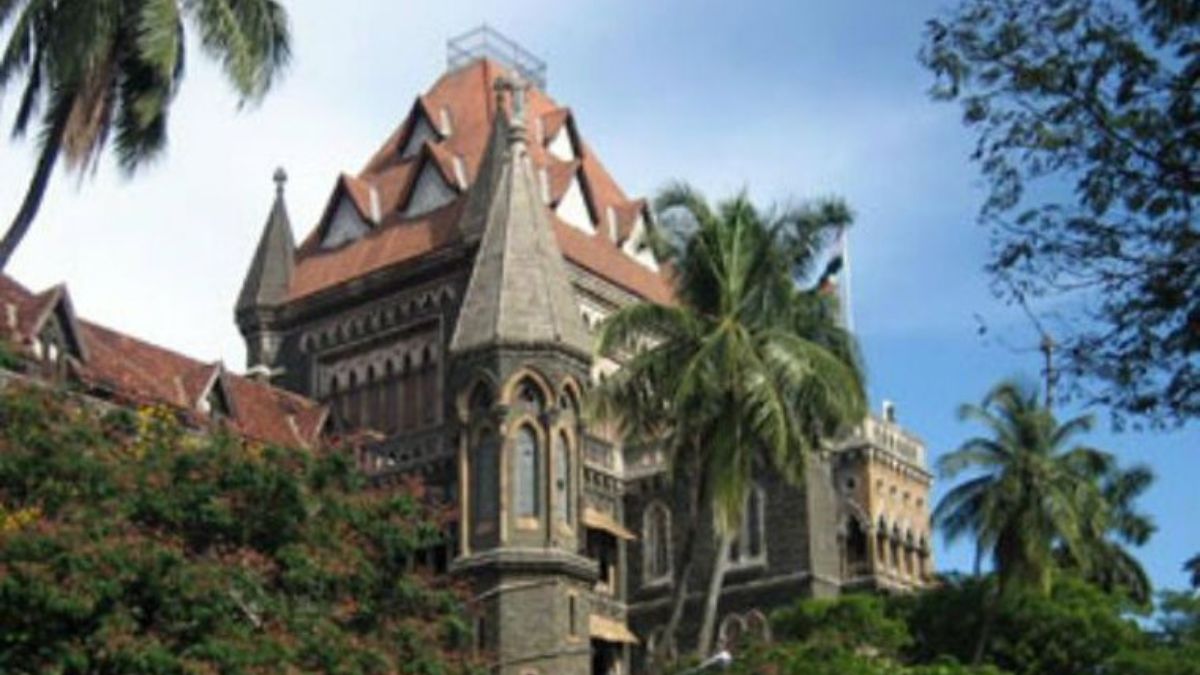Radio club jetty project gets nod from Bombay HC, directives issued for strict adherence

The proposed Radio Club Jetty project near Mumbai's Gateway of India has received the green light from the Bombay High Court. The court has dismissed all three petitions filed against the project and has issued clear directives to ensure compliance with several important conditions during its implementation.
The decision has come as a relief to the state government and Maharashtra Maritime Board. The project will be spread over 1.5 acres and will be in sea near radio club, around 300 meters from the Gateway of India. It will have parking for 150 cars, vip lounge, a waiting area, a ticket zone and an administration zone.
The primary objective of the project is to provide better facilities for passengers. The court has also emphasised that any additional amenities must be complementary to this purpose and must not harm the environment. It noted that the project’s core aim is to facilitate the embarkation and disembarkation of passengers, and other features should only serve as supporting elements.
Among the key directives given by the court are:
-The amphitheatre is to be used strictly as a waiting area for passengers. No cultural, entertainment, or commercial events may be held there.
-Any cafe or restaurant within the project area should only serve water and packaged food items. Full-fledged dining services are strictly prohibited.
-Upon completion of the new jetty, the existing jetties are to be phased out in accordance with guidance from the Indian Navy.
The court also highlighted that the project proposal does not include a sewage treatment plant (STP). Therefore, the entire responsibility to ensure no environmental harm arises from the project lies with the Maharashtra Maritime Board (MMB).
By dismissing all objections, the court has effectively cleared the way for the project to proceed. However, it has explicitly mandated strict adherence to the conditions imposed.
This judgment is being regarded as a significant milestone in the development of coastal infrastructure in Mumbai, while also underscoring the need for balanced coordination between commuter convenience, environmental protection, and the directives of local authorities.
India